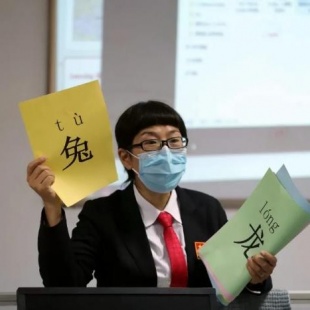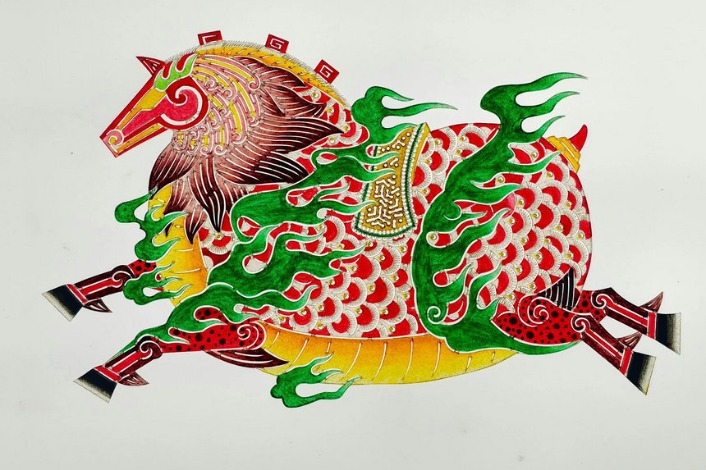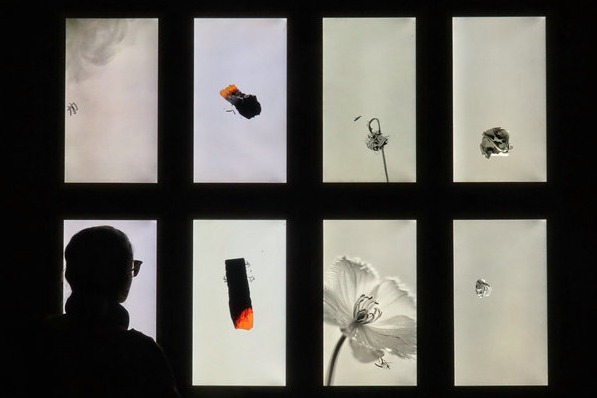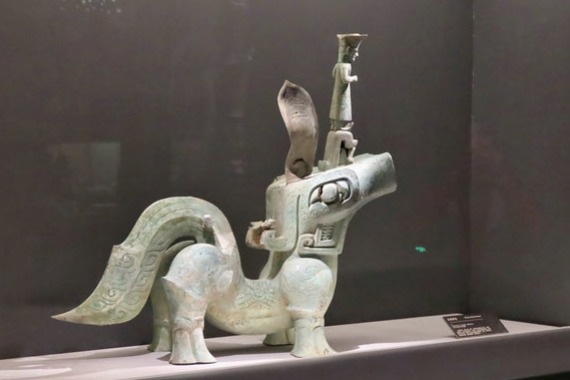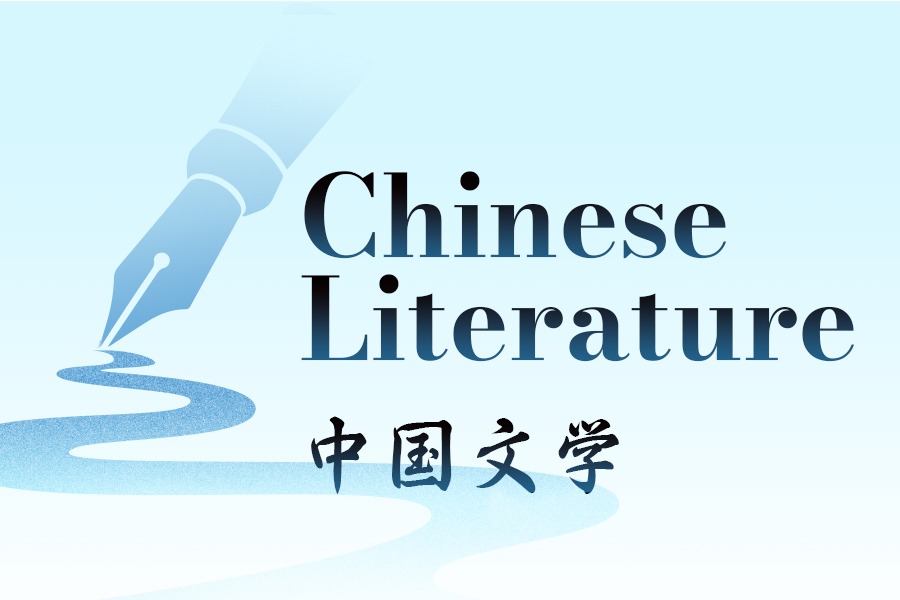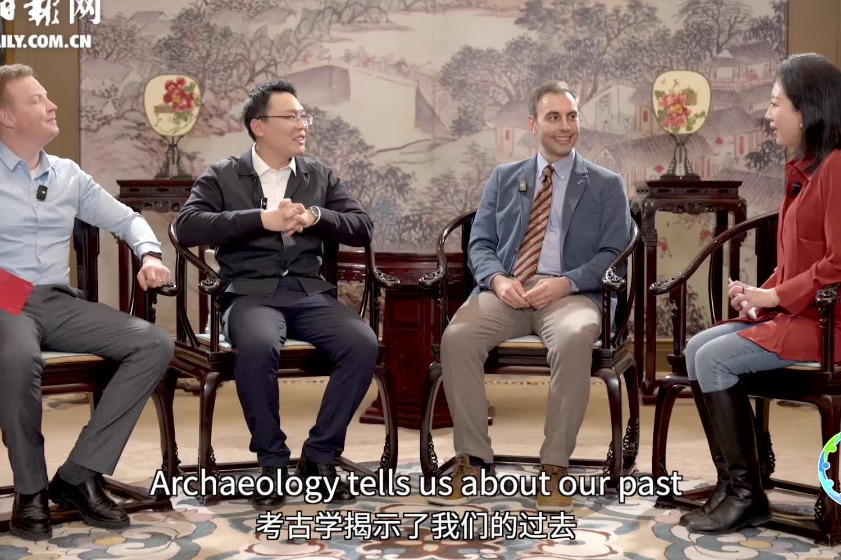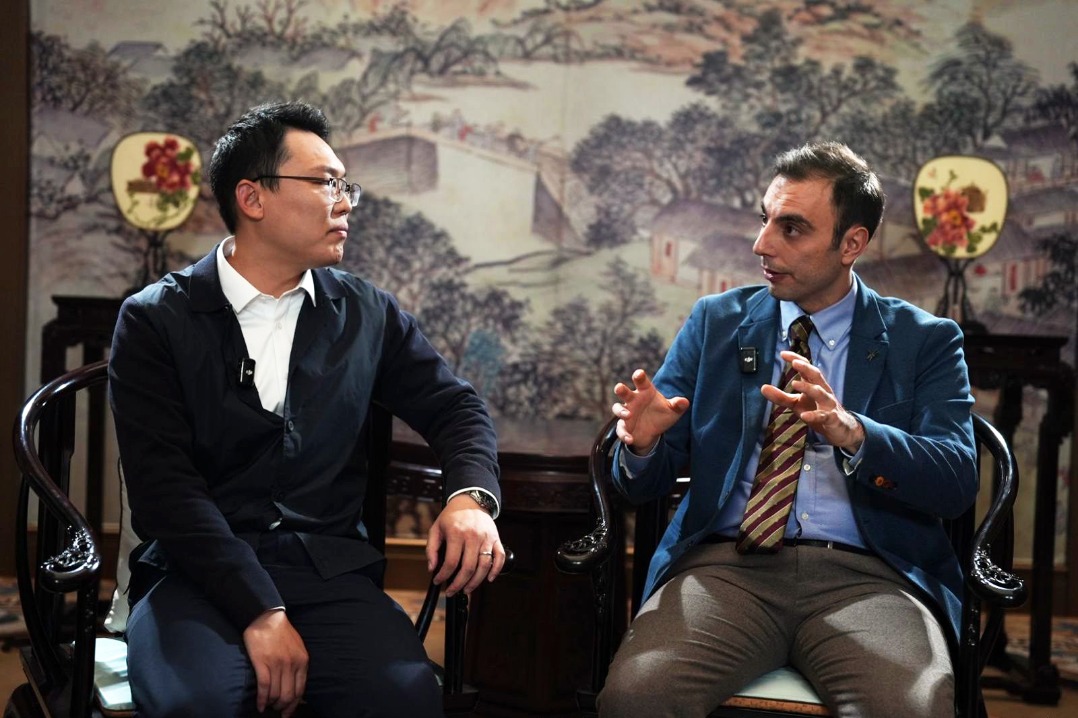Ethiopian immigration officers learn Chinese

Teshager Moga describes the communication barrier as the biggest hurdle that he and fellow officers at the Foreigners' Service Directorate within the Ethiopian Immigration and Citizenship Service have to overcome in their day-to-day engagements with foreign nationals.
"Here, nationals of different foreign countries come on a daily basis for various issues concerning their stay in our country. Unfortunately, not all of them are able to interact with us through English or other Ethiopian languages," the ICS officer says.
Moga says the Chinese form one of the largest demographics that come to the ICS to process visas and have other needs. Despite their continued efforts to bridge the gaps in effectively addressing Chinese nationals, challenges emanating from the language barrier still persist.
On Saturday, Moga, and 19 others who have been drawn from five directorates within the Ethiopian ICS, embarked on a three-month basic Chinese-language training program.
The short-term basic Chinese-language training program, which will be offered by the Confucius Institute at Addis Ababa University, is expected to equip officers with a basic command of the Chinese language.
Betelihem Hate, one of the 20 trainees, expressed her high expectations for the training in terms of enabling better Chinese-language proficiency, eventually helping them to enhance their services to Chinese nationals.
"This is a very good and golden opportunity. Aware of the existing communication barrier, the Ethiopian Immigration and Citizenship Service had previously hired a Chinese-language translator to help facilitate our engagements with Chinese nationals. However, the demand still remains high," Hate says.
Moga says that the three-month training will not only equip him and fellow colleagues with basic Chinese language skills, but also enable them to better understand China and its people. "I hope after this training we will be able to better interact with and serve our Chinese friends, significantly improving our day-to-day service," Moga says.
General director of the Ethiopian Immigration and Citizenship Service Bruhtesfa Mulugeta speaks highly of the training during the opening ceremony, as he urges the trainees to serve as connecting bridges between the people of the two countries.
"The support we get shows the collaboration between Ethiopia and the Chinese government and institutions. It will fulfill a communication gap to better serve our customers," Mulugeta says. "One of the most important customer groups to use our services is that of our Chinese brothers and sisters. In this regard, the language training given by the (Confucius) Institute is crucial to fulfilling the gap."
Shen Qinmin, minister-counselor at the Chinese embassy in Ethiopia, says that cooperation in language education between the two countries cements the partnership across all sectors and serves as the mainstay of practical cooperation at all levels. He says that empowering service providers, such as employees of the Ethiopian ICS, with better communication skills, will improve the experience of Chinese nationals in the East African country.
Che Zhaoguang, the cultural counselor at the Chinese embassy in Ethiopia, also stressed the crucial role that language plays in connecting people toward a better future.
"A lot of Ethiopian students have graduated from the Confucius Institute. They can speak quite fluent Chinese and work in big Chinese companies. They are playing an important role in promoting the friendship and cultural relations between our two countries," he says.
Courtesy of growing Sino-Ethiopian ties, the interest in studying the Chinese language is gaining traction, with newly opened institutes becoming operational across public universities in different parts of the East African country.
In addition to Addis Ababa University, Chinese-language studies are now provided at the technical and vocational education and training institutes at Bahir Dar University, Mekelle University and Arsi University.
The Confucius Institute at Addis Ababa University, which started operations in Ethiopia in 2012, has so far registered more than 10,000 students who passed through various levels of Chinese-language studies at different facilities across the country, according to figures from the institute.
Addis Ababa University, with the help of the Confucius Institute, has also recently launched its first-ever master's program in the Chinese language in Ethiopia.


